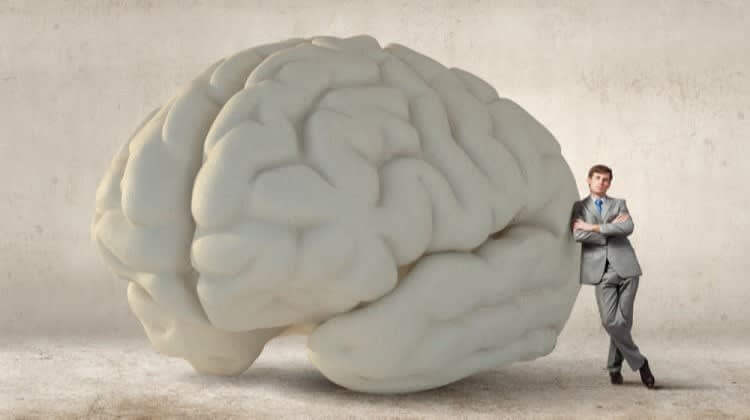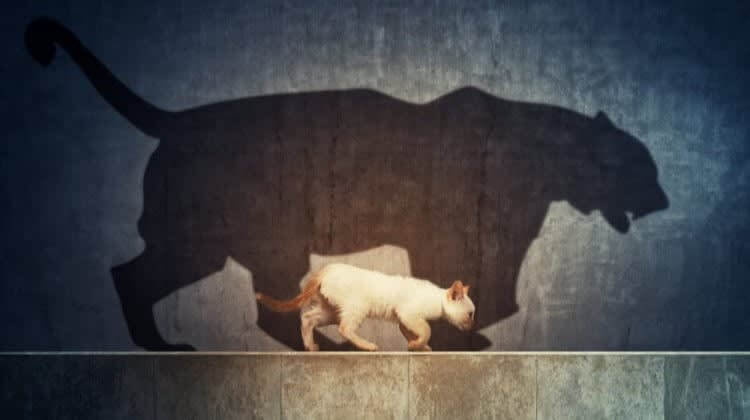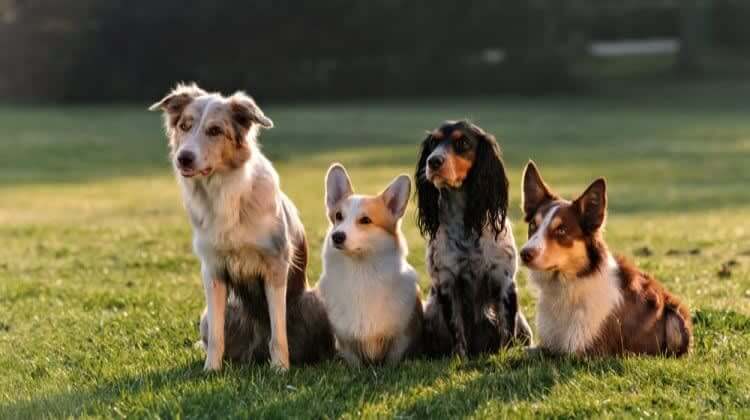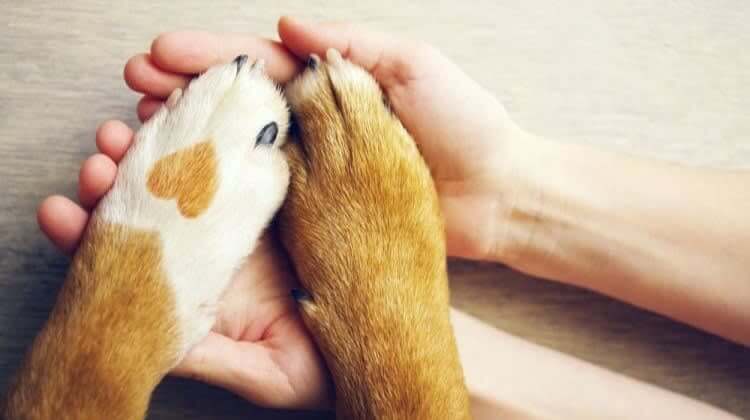1. The Brain

2. Changing Roles

After years of our ancestors considering animals solely as aggressors, certain species began to graduate and serve utilitarian roles within human day to day life. Cats, for example, were put to use in a variety of places to keep rodents at bay, such as on farms or ships. Dogs began to be bred for specific tasks, such as herding cattle, burrowing for pests, and protecting livestock. Many of these breeds have a shorter lifespan to contemplate. These days it’s more common for animals like dogs and cats to perform the role of a family pet, which makes their faster aging more distressing to deal with.
3. Size Matters

It’s accepted that when it comes to dogs, bigger breeds age faster than their smaller counterparts. Studies show that this could be to do with the insulin-like growth factor 1 hormone (IGF-1), which plays an important role in the functioning of joints - especially the predisposition to hip-dysplasia in larger dogs. Metabolism, and its resulting expenditure of an animal's tissue, is also believed to be a factor in the aging process for larger canines.
4. Heart To Heart

Dogs work extremely hard. Well, some of the time at least. Our canine companions’ hearts beat faster than ours do, sometimes leading to tachycardia. Tachycardia in dogs is essentially an abnormally rapid heart rate, and can be triggered by a whole range of things including exercise, excitement, pain, stress or even disease.
5. Wear And Tear

Dogs love - and need - exercise, but it’s possible to have too much of a good thing. Overworking your animal can have detrimental effects on their health, including heat exhaustion, muscular pain (which can lead to exertional rhabdomyolysis, a condition in which the muscle tissue breaks down), and the deterioration of paw pads. These issues caused by wear and tear can lead to an early departure for our furry friends.
